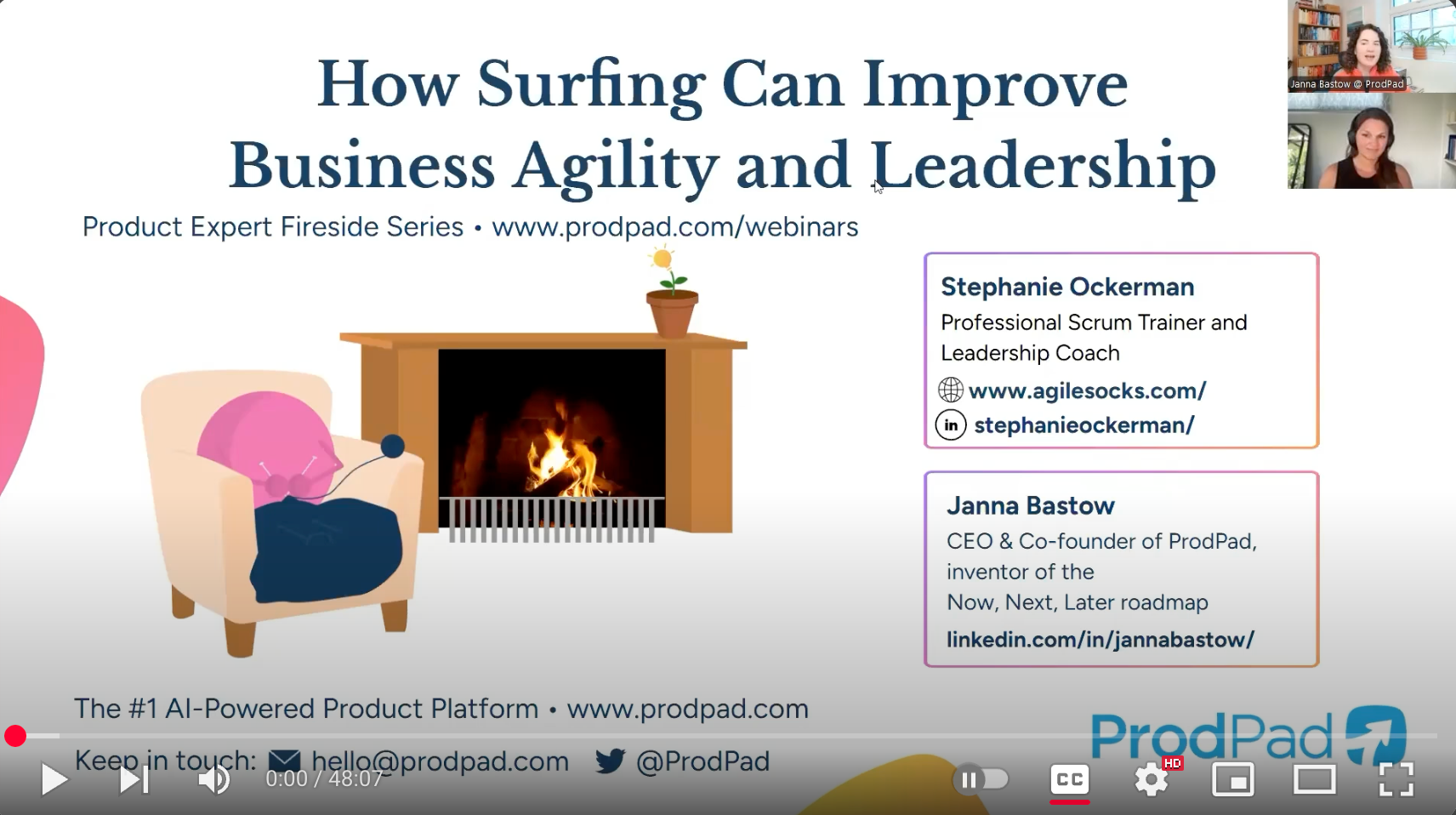Trust among Scrum Team members is essential to enabling agility. Virtually everyone agrees with this statement. We intuitively know that if we don’t trust one another, we won’t be able to work collaboratively and productively. Trust is so important that some propose it should be one of the Scrum values.
Let’s unpack what defines trust and how, although it does not sit among them, the Scrum values help build trust among team members.
Why trust isn’t a value
Trust is a willingness to be vulnerable to someone else because we feel safe that the other person will protect that vulnerability. They won’t use it for their advantage, judge us, or diminish us by exposing our vulnerability to others.
It’s hard to imagine a person who doesn’t appreciate the benefits that come from trusting relationships.
Yes, we can say we “value” trust in the sense it has worth, but trust is a feeling, not a principle or standard. It comes partly from living in alignment with shared values and honoring commitments to each other. Treating trust as a value would be akin to saying health is a value. Trust, like health, is one of our foundational human needs—it goes beyond values.
Core values or principles, on the other hand, represent an individual or organization’s foundational beliefs. They are a guiding compass for how we behave, make decisions, and reach our goals.
How living the Scrum values fosters trust
In its introduction to the Scrum values, the Scrum Guide discusses their relationship to trust:
“When these values are embodied by the Scrum Team and the people they work with, the empirical Scrum pillars of transparency, inspection, and adaptation come to life building trust.”
Let’s look at each value to see how that plays out.
Focus
We demonstrate dependability when we focus on the Sprint’s work to progress toward its goal. Others on the team know they can rely on us to do our part, building trust.
The same kind of trust-building occurs when we say “no” or “not now” to stakeholder requests that jeopardize our ability to create a Done Increment and meet the Sprint Goal. Our stakeholders aren’t left wondering if the additional work might happen and grow to appreciate that a commitment to Sprint Goal focus delivers reliable value.
Openness
Open-mindedness to the ideas and perspectives of others is critical to solving complex problems, and it promotes and reinforces the trust others feel about offering their input.
When we’re open with each other about the work and its challenges, no one is left second-guessing. We are in a position to face the realities of the situation together.
Courage
Having the courage to do the right thing even when it is difficult demonstrates to team members and stakeholders that they can trust us to remain steadfast to the product vision and higher value work items to realize value more dependably. Displaying courage in the face of pressure to deliver avoids cutting corners and poor quality work.
It takes courage to learn by doing, inspecting and adapting to improve as we go in work environments that often want certainty. Courage allows us to trust the empirical process, allowing our organizations to thrive in complexity.
Commitment
As mentioned, focusing on the Sprint Goal and having the courage to manage stakeholder requests builds trust because we can more reliably deliver value. That takes commitment and involves team members supporting each other. If I’m struggling, I can ask my team for help, and if someone else is struggling, I will offer them help. This mindset allows us to see that giving support is a strength, not a sign of weakness or failure. Commitment to the team builds the trust necessary to deliver exceptional value. We succeed as a team and fail as a team.
Respect
We encourage accountability when we respect each other as capable, independent people. That respect comes with knowing we are humans who can be reactive and make mistakes. Assuming positive intent in those situations enables us to hold one another accountable to clean up the mess while staying in the relationship. Mistakes don’t have to break trust when we move through conflict this way — in fact, trust can grow as a result.
We respect the organization’s investment in the product by regularly delivering quality, valuable product Increments. As a team, we are transparent about the value we provide, welcome and incorporate feedback, and have the flexibility to change direction every Sprint. These qualities enable trust in the Product Owner to maximize value, trust in the Developers to ingrain quality as they create high-value solutions, and trust in the Scrum Master to enable effective empiricism and teamwork while removing impediments.
Using the Scrum values to build trust
It’s important for the team to discuss the Scrum values because we often have different perspectives on what they mean to us as individuals. When we understand each other’s views, we can negotiate and define how they will guide us as a team. We build trust by consistently showing up (giving our best) and operating with integrity and in alignment with our shared values.
Living the Scrum values is challenging, but making them a part of Scrum event discussions is a powerful way to reinforce their centrality to being an effective, successful team.
Scrum Teams often engage me to help with trust issues. Obviously, there are many dynamics that can come into play that go beyond living the Scrum values. But, the values are impossible to implement without some trust and in a virtuous cycle, they also build trust once everyone embraces them. See my post How to Build Trust to Enable Agility to gain a deeper understanding of this perspective.
Conclusion: Trust is essential to Scrum, but it’s not a value
There is no way to practice Scrum effectively without strong, trusting relationships among team members. The element of trust is so necessary that some practitioners suggest it should be listed among the Scrum values. Trust, however, is a feeling, not a value—as essential to thriving as a human being as sleep or a sense of belonging.
Trust is inextricably linked with the Scrum values because they are a compass for how we behave, make decisions, and reach our goals. We feel safe when the team aligns around these values, allowing greater comfort in being vulnerable — we know what to expect, and someone always has our back.
If you’re looking for ways to bring the Scrum values to life on your team, sign up to get my free Coaching with the Scrum Values Mini-Guide.



